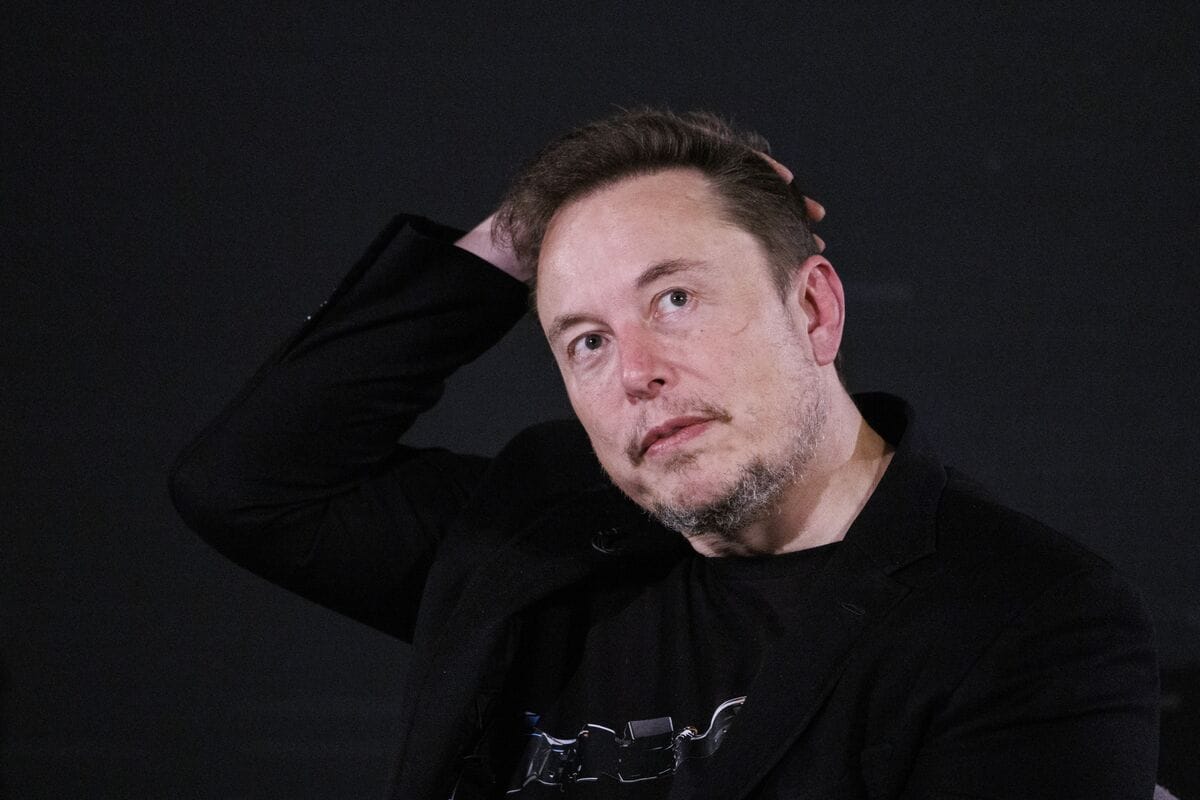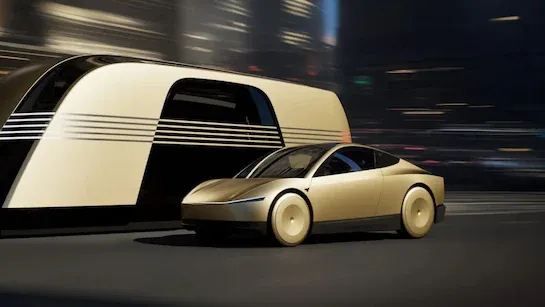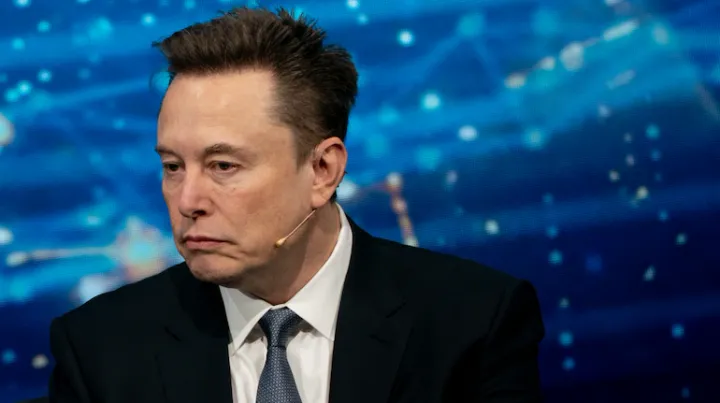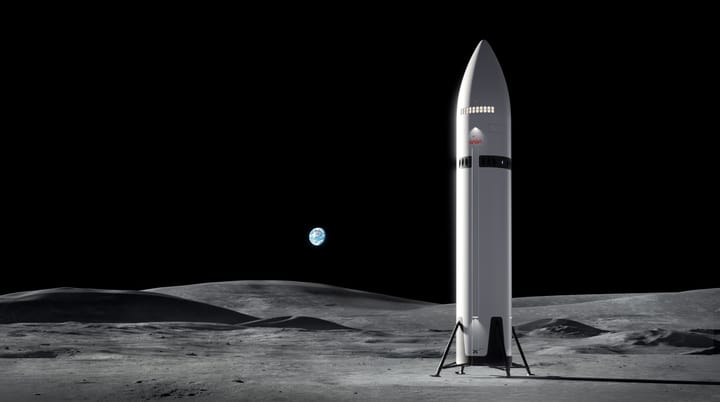AI Showdown: OpenAI Moves to Crush Elon Musk’s Trade Secret Lawsuit

OpenAI calls Musk’s claims “baseless,” accusing him of using lawsuits to distract from xAI’s struggles.
The legal showdown between Elon Musk and OpenAI is escalating, with OpenAI now pushing back hard against a trade-secret lawsuit filed by Musk’s AI startup, xAI.
On Thursday, OpenAI filed a motion in the U.S. District Court for the Northern District of California to dismiss the lawsuit, which accuses the company of poaching xAI employees to gain access to confidential information—particularly around xAI’s AI chatbot, Grok.
OpenAI’s legal team didn’t hold back in the filing, describing Musk’s claims as “baseless” and part of what it called “Elon Musk’s ongoing harassment of OpenAI.” The company alleges the lawsuit is a strategic move by Musk to shift attention away from the growing struggles of xAI, which it claims is “hemorrhaging talent” to other competitors.
“Employees are not property,” OpenAI stated in its court filing. “They are free to make career choices without being subjected to harassment or unfounded legal threats.”
The Heart of the Dispute: AI Talent and Trade Secrets
At the core of the lawsuit is Musk’s allegation that OpenAI deliberately targeted xAI employees to acquire proprietary knowledge and technologies, especially related to Grok, the chatbot xAI introduced as a rival to OpenAI’s ChatGPT.
xAI claims that OpenAI's hiring practices constitute a pattern of misconduct, designed to siphon off sensitive information and technological advantage from the fledgling AI firm. According to the complaint, several key engineers and developers left xAI for OpenAI in recent months.
OpenAI denies that any improper behavior occurred, emphasizing that the job market for top AI talent is competitive, and that employees have the right to move between companies—especially when no non-compete or confidentiality agreements are violated.
Musk vs. OpenAI: A Bitter Rivalry Years in the Making
This lawsuit is the latest chapter in a complex and increasingly hostile relationship between Elon Musk and OpenAI—a company he helped found in 2015 alongside Sam Altman, its current CEO.
Musk has long criticized OpenAI’s shift from its nonprofit roots to a capped-profit model that allows for commercial partnerships and private investment, including a multi-billion-dollar deal with Microsoft. Earlier this year, Musk sued OpenAI over what he sees as a betrayal of its founding mission.
Now, through xAI, Musk is attempting to build a rival AI powerhouse, and the legal challenges he’s launching against OpenAI reflect both competitive tensions and deeper ideological disagreements.
Counterclaims and Additional Lawsuits
The situation has grown increasingly tangled. In addition to the trade-secret case, xAI has also filed a separate lawsuit against Apple Inc., alleging that the tech giant colluded with OpenAI in a way that violates antitrust laws. Both Apple and OpenAI have strongly denied those claims.
Meanwhile, OpenAI has also taken legal action against Musk, countersuing over what it describes as a pattern of harassment. While details of that countersuit have not yet been fully disclosed, the move signals OpenAI's intent to defend itself aggressively in court.
This flurry of litigation paints a picture of two powerful tech players locked in a high-stakes battle not just for market share, but for control over the future of artificial intelligence.
The Bigger Picture: A Talent War in AI
Beneath the legal drama lies a more fundamental issue facing the tech world: the escalating war for AI talent.
As companies race to build the most advanced AI models and infrastructure, engineers and researchers with expertise in areas like machine learning, natural language processing, and AI safety have become highly sought after. Poaching has become increasingly common, and legal disputes over hiring and intellectual property are on the rise.
In this context, OpenAI argues that its hiring practices are no different from any other tech company looking to attract the best minds in a competitive market. The company also claims that xAI’s recent staff departures are more likely a sign of internal issues than external misconduct.
What Happens Next?
The court will now consider OpenAI’s motion to dismiss. If the judge agrees, Musk’s lawsuit could be thrown out early in the process. But if the case moves forward, both sides could be required to provide more detailed evidence, including internal communications, employment records, and technical documentation related to AI development.
Neither xAI nor Elon Musk has issued a formal response to OpenAI’s filing as of this writing.
If nothing else, the case underscores the high tension and high stakes in the artificial intelligence sector. As companies like OpenAI, xAI, Apple, and others race to dominate the AI landscape, the lines between fair competition, intellectual property, and legal risk are becoming increasingly blurred.
Conclusion
Elon Musk’s legal battle with OpenAI over alleged trade-secret theft marks another dramatic moment in the evolving rivalry between two of the AI world’s most influential players. Whether this lawsuit is dismissed or escalates into a larger courtroom showdown, one thing is clear: the fight for AI dominance is no longer just technological—it’s becoming deeply legal and personal.
As courts weigh in on who owns the future of AI innovation, the outcome could shape industry norms for years to come.



